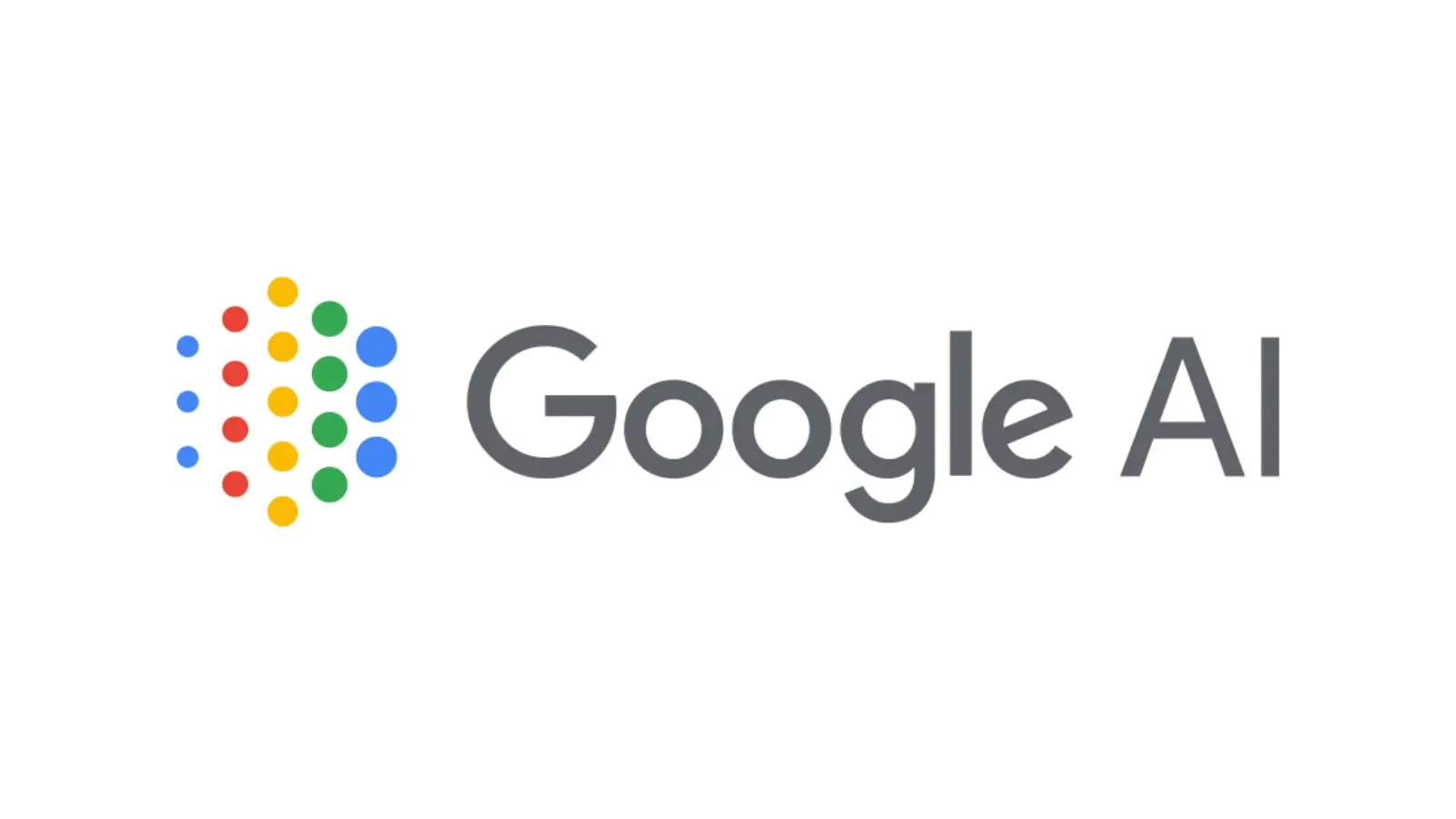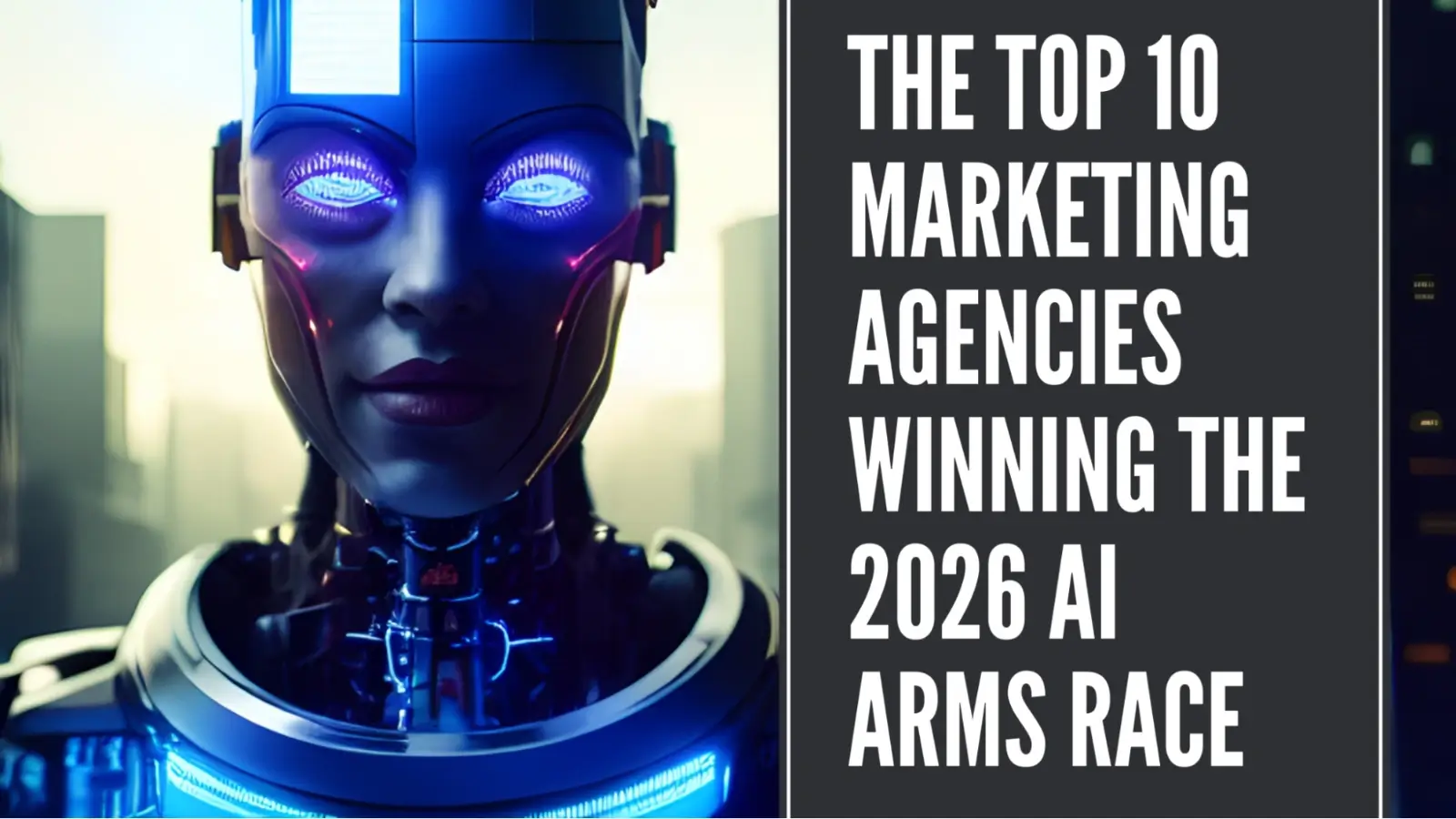Google has been experimenting with AI search tools for quite some time. In the last year or so, you likely noticed the presence of the “Gemini AI Overview” function. This feature provides a quick summary based on the user’s search, enabling them to find quick answers to specific queries. It won’t appear with every search, but it already transformed the way digital marketers and SEO agencies approach search engine optimization.
The need shifted from appearing in the first organic search results to getting a reference in the AI Overview section. It was a big change - though Google wasn’t finished with their AI updates to searches.
In March 2025, Google introduced AI Mode, an experimental feature that completely changed the way a typical Google search worked. Users can still go about things in the traditional fashion of typing a query and receiving a list of links, but AI Mode also lets them use a ChatGPT-esque feature (powered by Gemini, of course). Instead of receiving the usual list of search results directing you to websites, it’s almost like you’re having a conversation and AI Mode provides the information you need - with specific links, if necessary.
As you can imagine, this signals a substantial change in how users interact with Google. But what does that mean for SEO enthusiasts and digital marketers? Is Google AI Mode the biggest SEO update of the last decade and does it mean all your previous efforts are null and void?
Let’s find out.
What Google AI Mode Means For Digital Marketers
From a marketing perspective, Google AI Mode means there are dramatic changes to how you approach search engine optimization. For years, you only had to focus on setting up websites and creating content that ranked when someone searched for things in Google. Now, you need to maintain traditional SEO while also appearing in the AI Mode.
It’s an interesting challenge because, theoretically, your website could rank well in a traditional search, but Google AI Mode won’t necessarily mention your site when people use that specific search function. You may not see an issue right now as this mode is still in its infancy - but fast forward a couple of years and maybe AI Mode takes over as the predominant way to use Google.
In other words, Google AI Mode could mean you see a stark change in web traffic and engagement figures. Reports already show that other AI search features are causing a 15-64% drop in organic traffic for many websites. With Google now jumping on this trend, there’s a worry that this figure will continue to increase.
How To Handle Google AI Mode
Rather than being all doom and gloom about this update, you should view it as a new challenge. Google has updated its algorithm many times in the last few decades, which has meant SEO strategies have been altered all the time. It’s the natural progression of the digital world - but what’s the best way to handle this specific update?
There’s an excellent article by Matt Bertram on AI-Driven Marketing Strategy that basically lays down all the ground rules for a future with AI-powered search engines. He explains that AI searches and traditional search engines view keywords differently. It’s more about contextual relevance and matching the search intent than it is about getting direct match keywords in your content.
Furthermore, you need to learn how to optimize content for AI search algorithms - which involves improving your headings and structure so the AI systems can easily identify what you’ve written. There will definitely be a big emphasis on making “better” content to appear in AI Mode results on Google. By “better,” we mean content that genuinely provides information or answers to users. That’s the type of stuff Gemini will use as a reference when people use the AI search function - which means it’ll help you receive links or mentions in AI Mode.
Does AI Mode Mean Traditional SEO Is Dead?
Nobody can be 100% accurate when predicting the future, though it’s reasonable to suggest that AI Mode isn’t the complete death of traditional SEO.
For the sake of any arguments, we’re talking about the conventional search results pages as “traditional SEO”. You know, the focus is on getting your website to rank highly in the organic listings.
Google’s AI Mode update will just be another in a long line of updates that change the way you approach SEO. Companies and digital marketers will still need to have a good traditional search engine strategy in order to elevate their online presence. You have to remember that not everyone will use AI Mode; some users will probably always stick with traditional searches, especially when looking for things like products or reviews, etc.
You can’t afford to neglect that side of SEO in favor of AI Mode. It’s simply a case of shifting your strategy slightly to focus on more informative and useful content. That’s what will attract AI searches, but it still lets you include keywords for organic searches. Not to mention you can continue with off-page SEO tactics like link building to maintain a strong organic search presence.
The best comparison we can think of is when Google introduced the mobile-first update. This was a massive change as you needed a mobile-friendly website or you’d fall down the rankings. It forced you to alter your site design and make content better for mobile browsing. Everyone thought it would completely change the way SEO worked, but it didn’t.
Conclusion: Prepare For AI Mode But Don’t Be Afraid!
In conclusion, Google AI Mode is probably the most substantial SEO update of the last decade in terms of forcing you to update your strategy. You’ll have to focus on getting your website referenced in AI searches alongside the traditional organic search results.
Many digital marketers are worried by this change, but you don’t have to be. Learn how to embrace this update and see it as a new challenge to help drive traffic to your websites. If you can master AI SEO alongside conventional SEO, then you’re going to dominate all kinds of search engines for years to come.
















